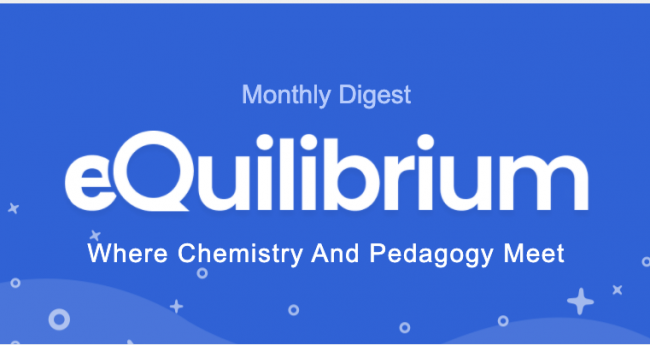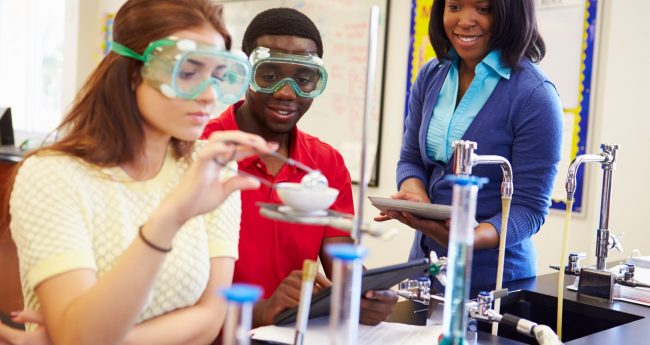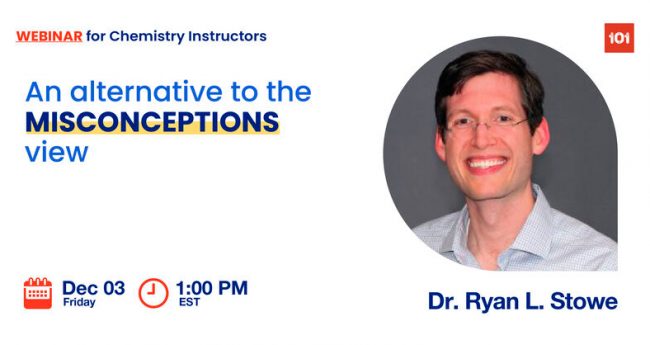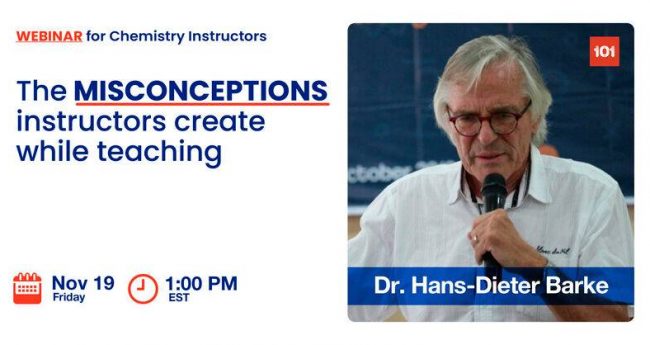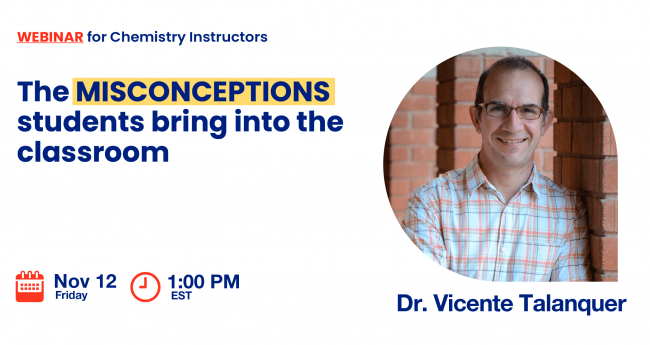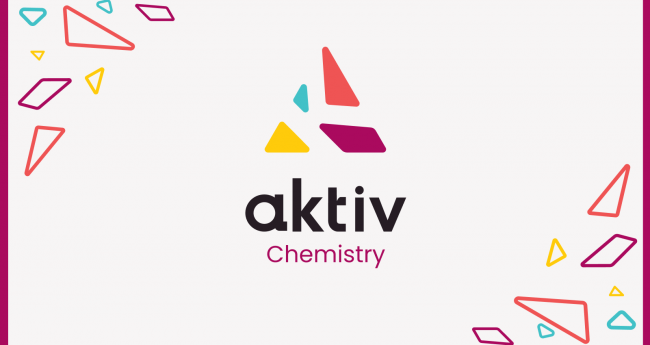
Chem101 is now Aktiv Chemistry
When we founded 101edu in 2016, we wanted to bring active learning to the center of STEM education. Now we’re taking the opportunity to evolve our brand in order to better communicate and reinforce this message. Welcome to Aktiv Learning, the evolution of 101edu.


